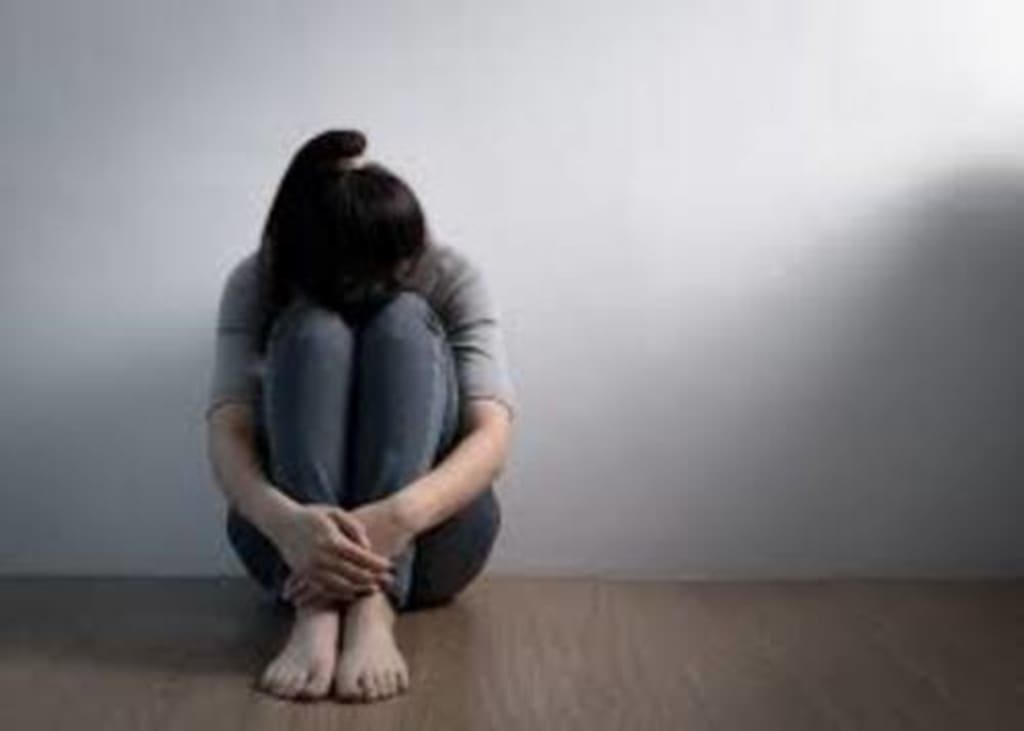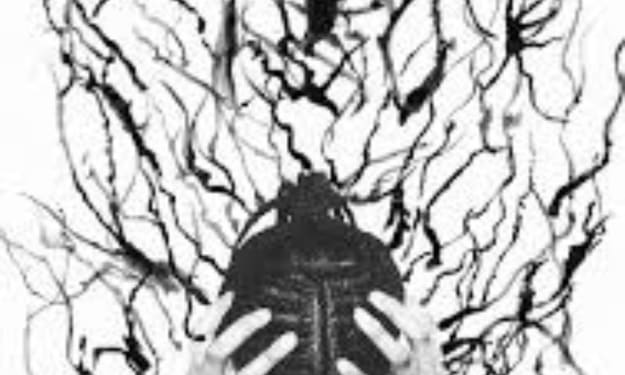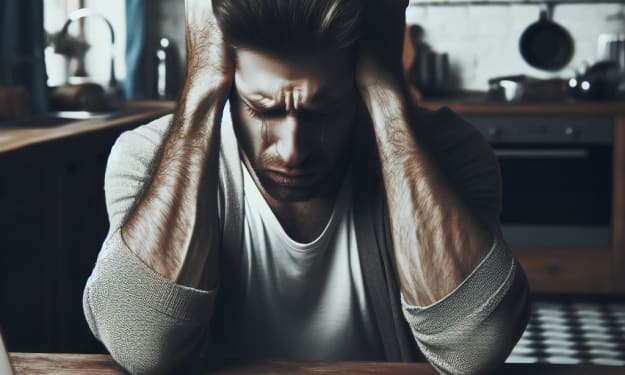Comprehensive Description of Early Signs and Treatment Options for Depression
The complete guide that remedy depressions

Depression is a mental health condition that affects people of all ages. It can cause feelings of sadness, loss of interest in activities, and difficulty functioning in everyday life. It can be challenging to recognize the signs of depression, as they can vary from person to person. Therefore, it’s important to be aware of the early signs of depression and to understand the available treatment options. In this article, we’ll provide a comprehensive description of early signs and treatment options for depression.
What is depression?
Depression is a mental health disorder that affects how a person feels, thinks, and behaves. It can cause persistent sadness, loss of interest in activities, and difficulty functioning in everyday life. It can also lead to a variety of physical and emotional problems.
Depression is one of the most common mental health disorders and can affect people of all ages, races, and genders. It can range from mild to severe and can last for weeks, months, or even years. It’s important to recognize the signs of depression and to seek help if needed.
Causes of depression
The exact causes of depression are not fully understood, but certain factors can increase the risk of developing depression. These include genetics, biological factors, environmental factors, and psychological factors.
Genetics can play a role in how susceptible a person is to depression. If a family member has had depression, the risk of developing it increases.
Biological factors include brain chemistry, hormones, and changes in the functioning of certain areas of the brain.
Environmental factors include stress, trauma, and life changes.
Psychological factors include feelings of helplessness, low self-esteem, and difficulty dealing with stressful situations.
Early signs of depression
It’s important to be aware of the early signs of depression, as they can vary from person to person. Common signs of depression include:
Persistent feelings of sadness or emptiness
Loss of interest in activities that were once enjoyed
Changes in appetite or weight
Difficulty sleeping or sleeping too much
Feelings of guilt or worthlessness
Difficulty concentrating or making decisions
Irritability or restlessness
Fatigue or lack of energy
Thoughts of death or suicide
If you notice any of these signs in yourself or someone else, it’s important to seek help from a medical professional.
Diagnosing depression
If you think you may be suffering from depression, it’s important to seek help from a medical professional. A doctor can diagnose depression by conducting a physical exam and asking questions about your symptoms. They may also order lab tests to rule out other medical conditions.
Your doctor may refer you to a mental health provider, such as a psychiatrist or psychologist. They can evaluate your symptoms and make a diagnosis.
Treatment options for depression
There are a variety of treatment options available for depression. The type of treatment will depend on the severity of your symptoms and the underlying cause of your depression.
Common treatments for depression include psychotherapy, medications, natural remedies, and self-care activities. It’s important to talk to your doctor about the best treatment plan for you.
Psychotherapy as a depression treatment
Psychotherapy, also known as talk therapy, is a type of psychotherapy that involves talking with a trained mental health professional. The goal of psychotherapy is to help you explore your thoughts and feelings, identify triggers of depression, and develop coping skills to manage your symptoms.
Common types of psychotherapy used to treat depression include cognitive-behavioral therapy (CBT), interpersonal therapy (IPT), and psychodynamic therapy.
Medications used to treat depression
Medications can be used to reduce the symptoms of depression. Commonly prescribed medications used to treat depression include selective serotonin reuptake inhibitors (SSRIs), serotonin-norepinephrine reuptake inhibitors (SNRIs), and tricyclic antidepressants (TCAs).
It’s important to talk to your doctor about the potential side effects of medications and how they may interact with any other medications you are taking.
Natural remedies for depression
There are also a variety of natural remedies that may help reduce the symptoms of depression. These include herbal supplements, exercise, yoga, meditation, and acupuncture.
It’s important to talk to your doctor before taking any herbal supplements or starting an exercise program.
Self-care activities to manage depression
Self-care activities can also be used to manage the symptoms of depression. These activities include getting enough sleep, eating a healthy diet, avoiding substances that can worsen symptoms, and engaging in activities that bring joy.
It’s also important to find a support system of friends and family members who can provide emotional support and understanding.
Seeking help for depression
If you think you or someone you know may be suffering from depression, it’s important to seek help. Talking to your doctor is the first step in getting the help you need. They can refer you to a mental health provider who can evaluate your symptoms and provide the appropriate treatment.
It’s also important to remember that help is available. There are a variety of support groups and online resources that can provide information and support.
Conclusion
Depression is a mental health disorder that can affect people of all ages. It’s important to be aware of the early signs of depression and to understand the available treatment options. Common treatments for depression include psychotherapy, medications, natural remedies, and self-care activities. If you think you or someone you know may be suffering from depression, it’s important to seek help. Remember, help is available and you don’t have to go through it alone.
If you or someone you know is experiencing symptoms of depression, please reach out to a mental health professional for help.
We hope this comprehensive description of early signs and treatment options for depression has been helpful.






Comments
There are no comments for this story
Be the first to respond and start the conversation.